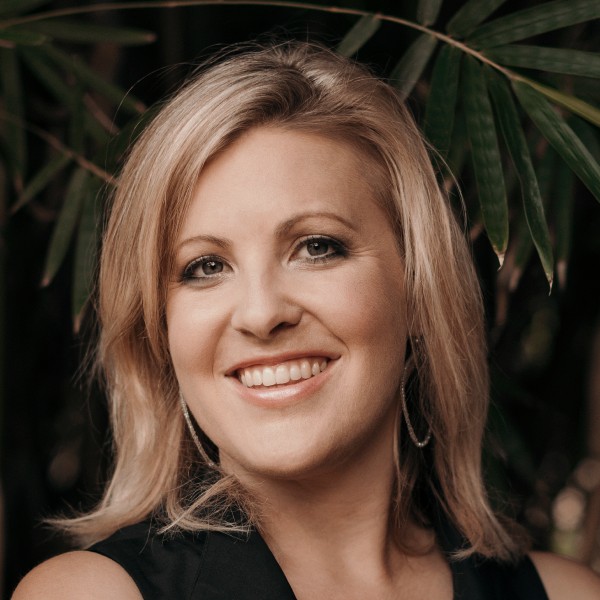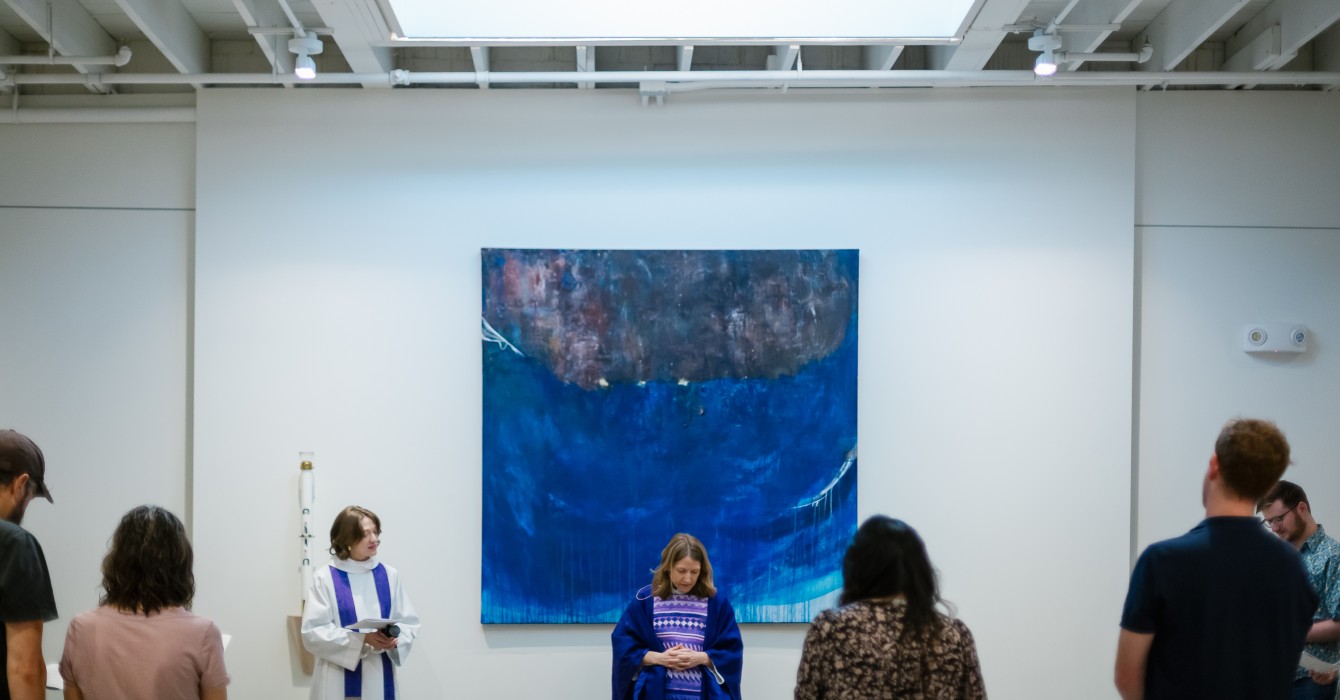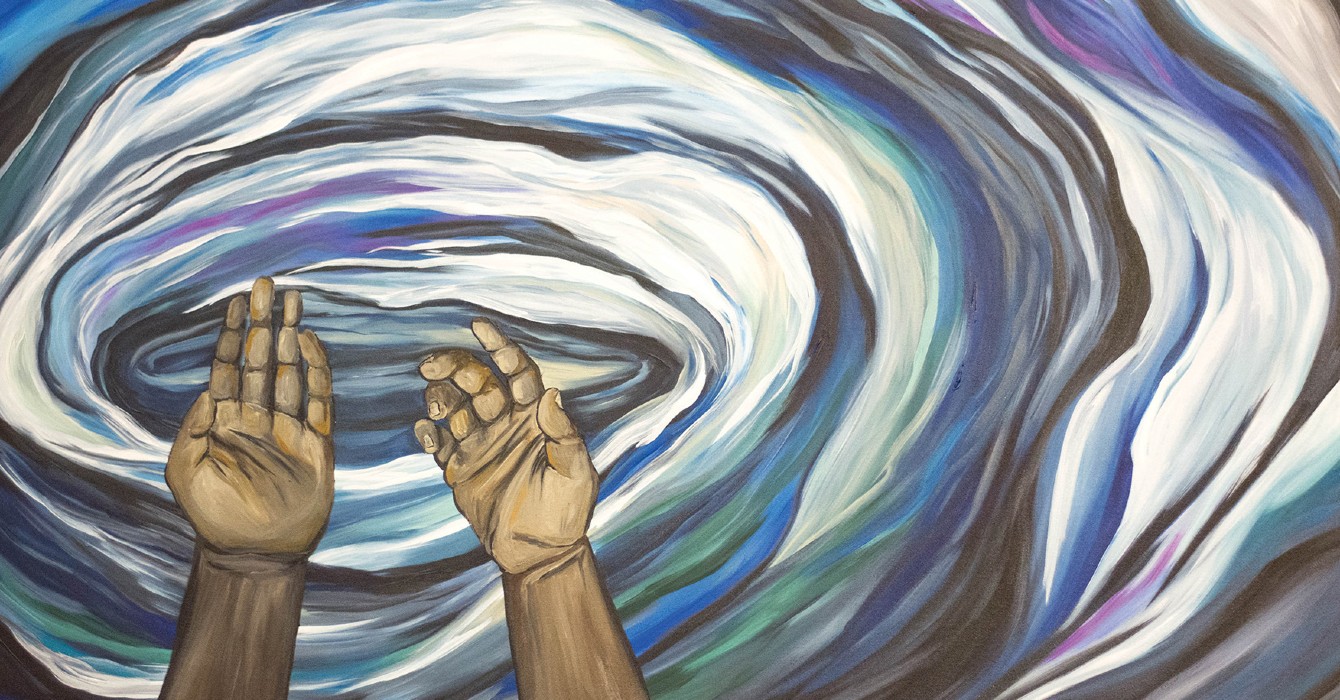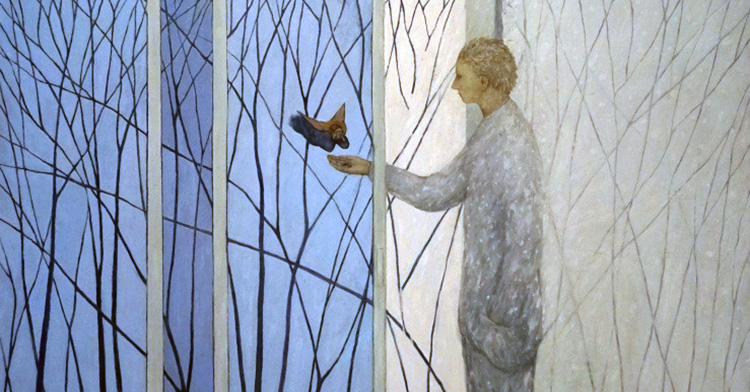Davis Guggenheim’s “Waiting for Superman” is a provocative documentary about the current educational crisis. The film takes its name from the candid recollection of Geoffrey Canada, founder of the Harlem Children’s Zone, who said, “One of the saddest days of my life was when my mother told me ‘Superman’ did not exist. She thought I was crying because it’s like Santa Claus is not real. I was crying because no one was coming with enough power to save us.”
His last sentence rang in my ears. I taught in the NYC public schools, I live in the Harlem Children’s Zone, and I deeply admire Canada’s work. Yet these aren’t the reasons his choice of words stuck with me. It was of his deep longing for a Savior. It is not unusual for educational reformers to use the words “save” and “believe.” They recognize that faith is an indispensable quality in saving kids from poverty, delinquency and despair. In fact, the educational reform movement and this movie brilliantly demonstrate that everything that we humans make bears the imprint of our beliefs and assumptions.
One simple way to identify the beliefs that impress themselves on the things that we make is to use Andy Crouch’s " Culture Making" questions. Of any given cultural good, Crouch asks five questions of any cultural good:
1) What does this cultural artifact assume about the way the world is?
2) What does it assume about the way the world ought to be?
3) What does it make possible?
4) What does it make impossible, or at least very difficult?
5) What new forms of culture are created in response to it?
These questions provide helpful insight into the “Waiting for Superman” reform movement. In answer to the first question, "Done Waiting" (the advocacy follow-up to the movie) answers, “Many problems plague our public education system and there is no single solution. But this much is clear: It's not the kids. It's not their parents. It's not their neighborhoods.” They argue that every child in America ought to have “access to great schools and great teachers” without paying tuition. They contend: “It’s morally and economically imperative” to prevent children from being “condemned to failing schools [where they] won’t have the same opportunities to attend college or build successful careers.” The movie and its advocacy arm make it possible for “ordinary” citizens to lobby elected leaders to expand proven charter school models, and demand highly effective teachers in every classroom. The Done Waiting movement, with its focus on “dropout factories,” intentionally makes it very difficult to suggest causes for educational failure other than schools. The editorial response to this film is already suggesting ways in which the movie could steer reform.
What are the unspoken assumptions of this cultural artifact? Is it possible that the producer of “ An Inconvenient Truth” has in "Waiting for Superman" not announced, but suppressed an inconvenient truth: that not teacher quality, but parent involvement, is the single best predictor of a child’s educational achievement ? Guggenheim does not mention the research of Nobel Prize winning economist James Heckman, whose work is devoted to preventing educational failure. Heckman unpacks what makes a child “disadvantaged” :
"What is the proper measure of disadvantage? Is it poverty? Measures of childhood home life? Evidence suggests quality of parenting is key. Parenting is the scarce resource. Disadvantage is not always closely linked to family income or even parental education. . . The real measure of child poverty is the quality of parenting. Not necessarily financial distress."
All five children featured in the film had parents or guardians who valued education and sought charter schools. Those charter schools, in turn, are composed exclusively of children whose parents or guardians cared enough to enter the lottery. This inherent selection bias of charter schools means that they have selected for the single best predictor of educational achievement. None of the most disadvantaged kids will be there. That’s an inconvenient truth. It doesn’t mean that charter schools are not doing a world of good. It just means that they can’t be the only solution.
It is the responsibility of the church to ask what the beliefs behind any cultural artifact are and to expose them in the light of the gospel. Furthermore, the goods that Christians create in addressing the most trenchant crises of our time ought to embody the belief that there is Someone coming with the power to save us. Like education reformers, we should be unafraid of using creedal language in the public square. It is not only a question of whether we believe; it is what we believe that will constrain how we tackle the problems of our day.
Graham Scharf is the co-founder of Tumblon.com, and the author of the forthcoming book "The Apprenticeship of Being Human."







